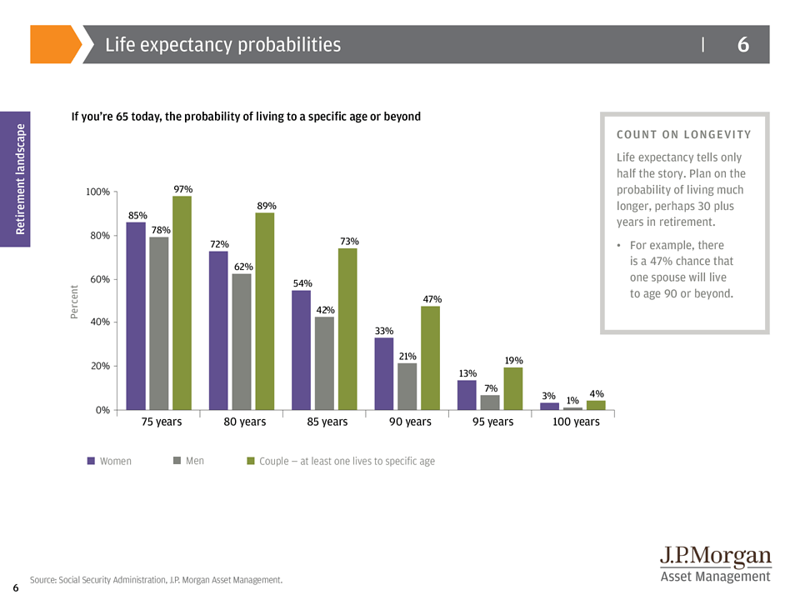Blueskies123
Recycles dryer sheets
"Money in my pocket now is worth more than J dollars in the future. "
I know many people feel this way but this comment is incorrect. I agree that at an emotional level is does make one feel better for now. At 8% growth a dollar tomorrow is worth more than a dollar today.
I know many people feel this way but this comment is incorrect. I agree that at an emotional level is does make one feel better for now. At 8% growth a dollar tomorrow is worth more than a dollar today.


